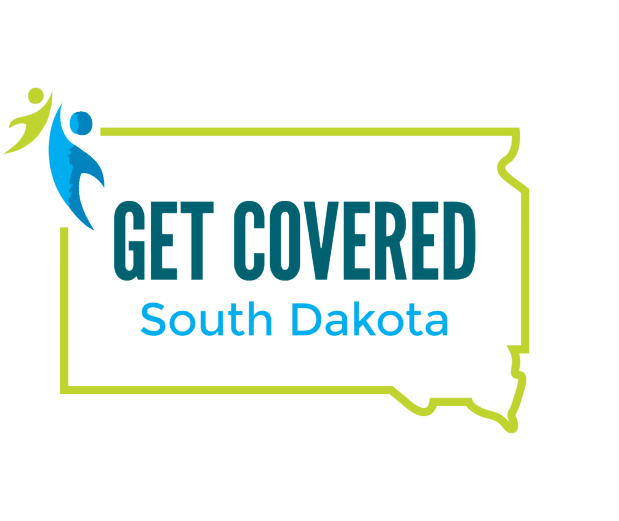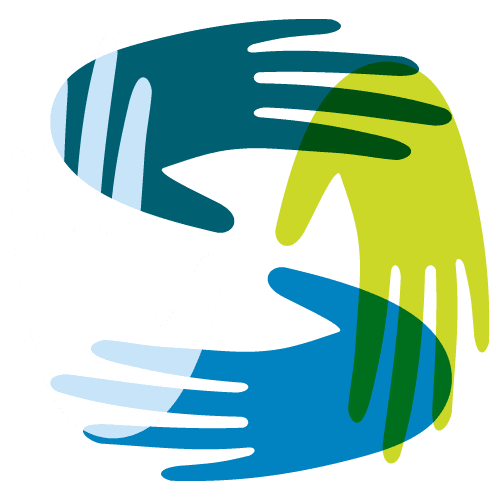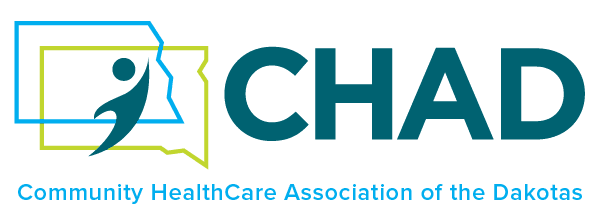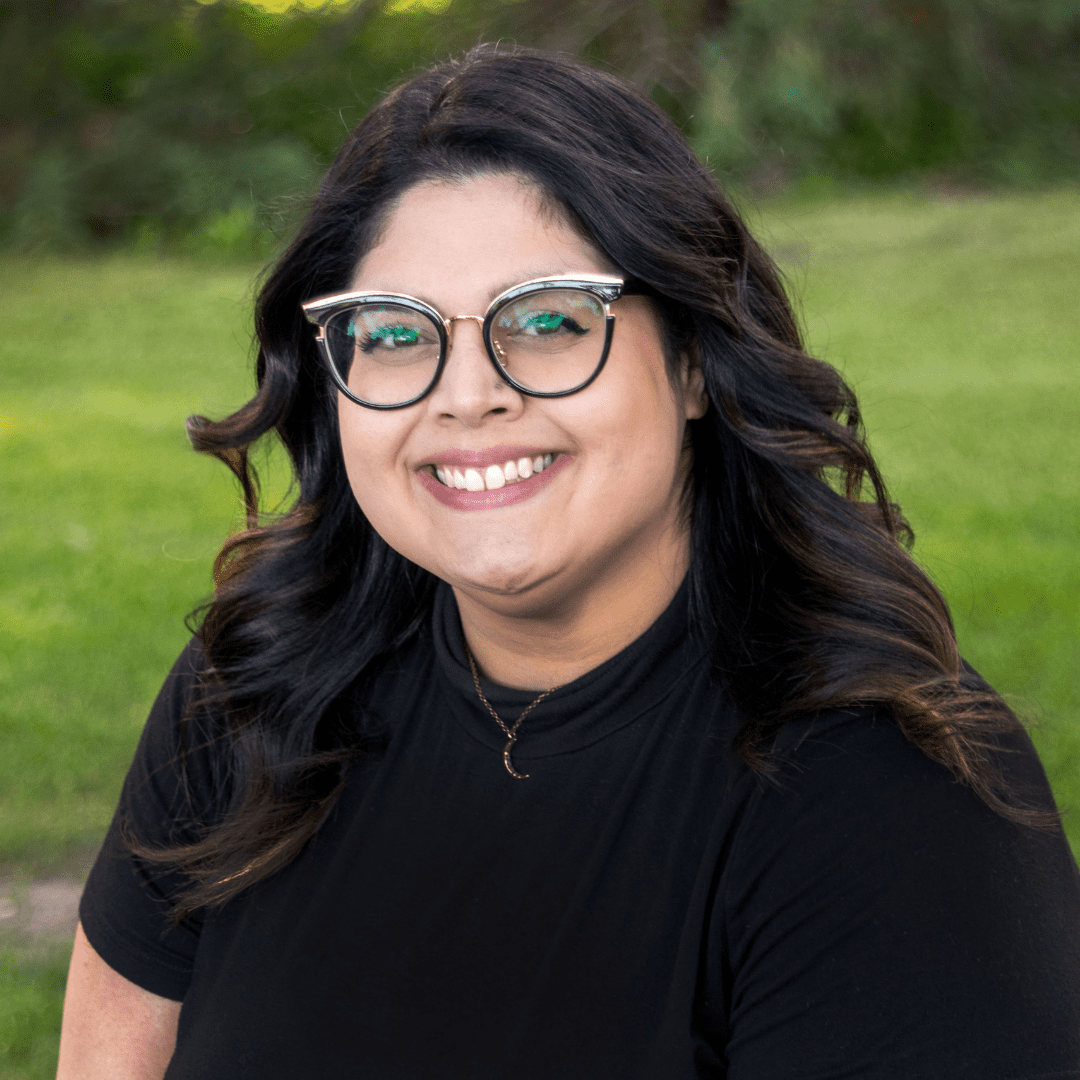The other day, I got a call from an 18-year-old girl. She had just turned 18, and she was calling because her mom told her to check if her Medicaid was going to run out soon. She was calm. She was polite. She sounded so professional—like someone far beyond her years. And it took me back; I remembered being that 18-year-old girl. I remembered what it was like having to take on adult responsibilities too early. I scheduled my wisdom teeth removal just two weeks before my 19th birthday—because I knew after that, I’d be without insurance. This was before young adults were guaranteed coverage until age 26. I knew the clock was ticking, and I had to be strategic about my own healthcare. At 18.
“People don’t realize that the face of Medicaid isn’t laziness or dependency. It’s resilience.”
It broke my heart a little to hear this young woman navigating that same system, with that same urgency in her voice. People don’t realize that the face of Medicaid isn’t laziness or dependency. It’s resilience. It’s a teenager calling about her own health care coverage. It’s a kid who learned how to make doctor’s appointments before they could even vote. So many young people on Medicaid are growing up fast—not because they want to, but because they have to. And for some of them, Medicaid is the only way they’ll receive care at all. Their parents may not know how to help, or simply can’t prioritize it. These teens take it on themselves.
This is what Medicaid really looks like. It’s not a luxury. It’s not an extra. It’s a need. And it’s a system that keeps people alive, functioning, and hopeful—people who are doing their absolute best to survive and move forward.
Share this Story
Become a Medicaid advocate with us by sharing this story. Share the website URL or use the provided materials linked below.

See if You Qualify
A Navigator will see if you qualify for a free or low-cost Marketplace or Medicaid health insurance plan. All services are free!
MORE MEDICAID STORIES
Johnny Overcame Opioid Addiction with the Support of Medicaid
Read MoreAfter Losing a Job, Medicaid Helped Man Find His Footing Again
Read MoreMedicaid Empowered Ellen, a College Student, Through Pregnancy and the NICU Experience
Read More


